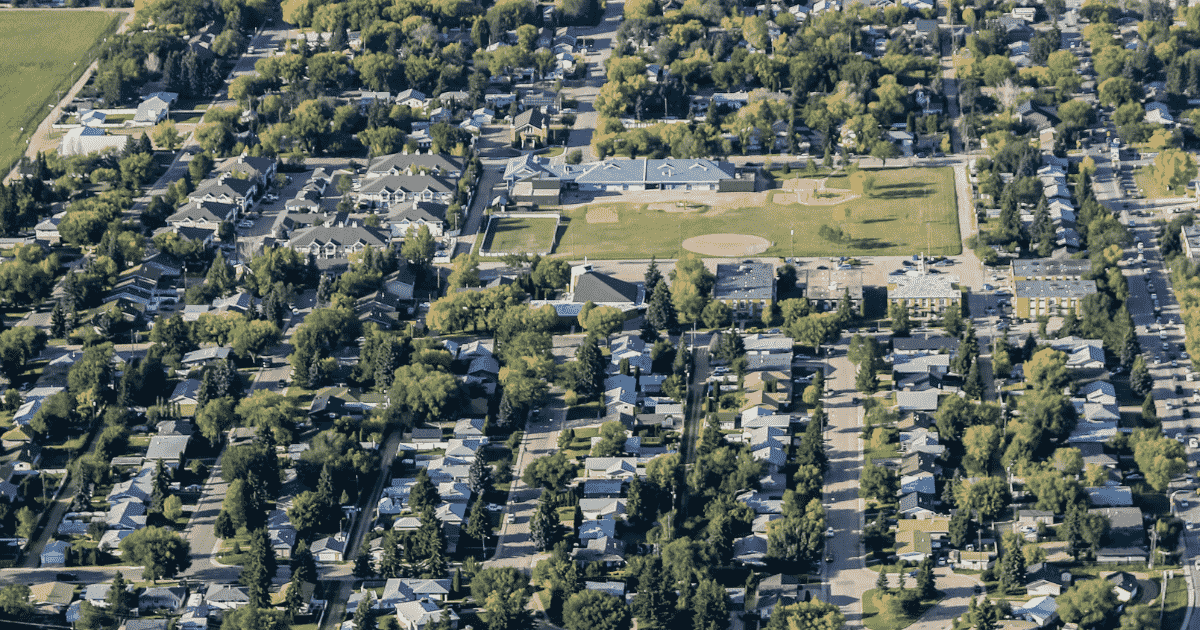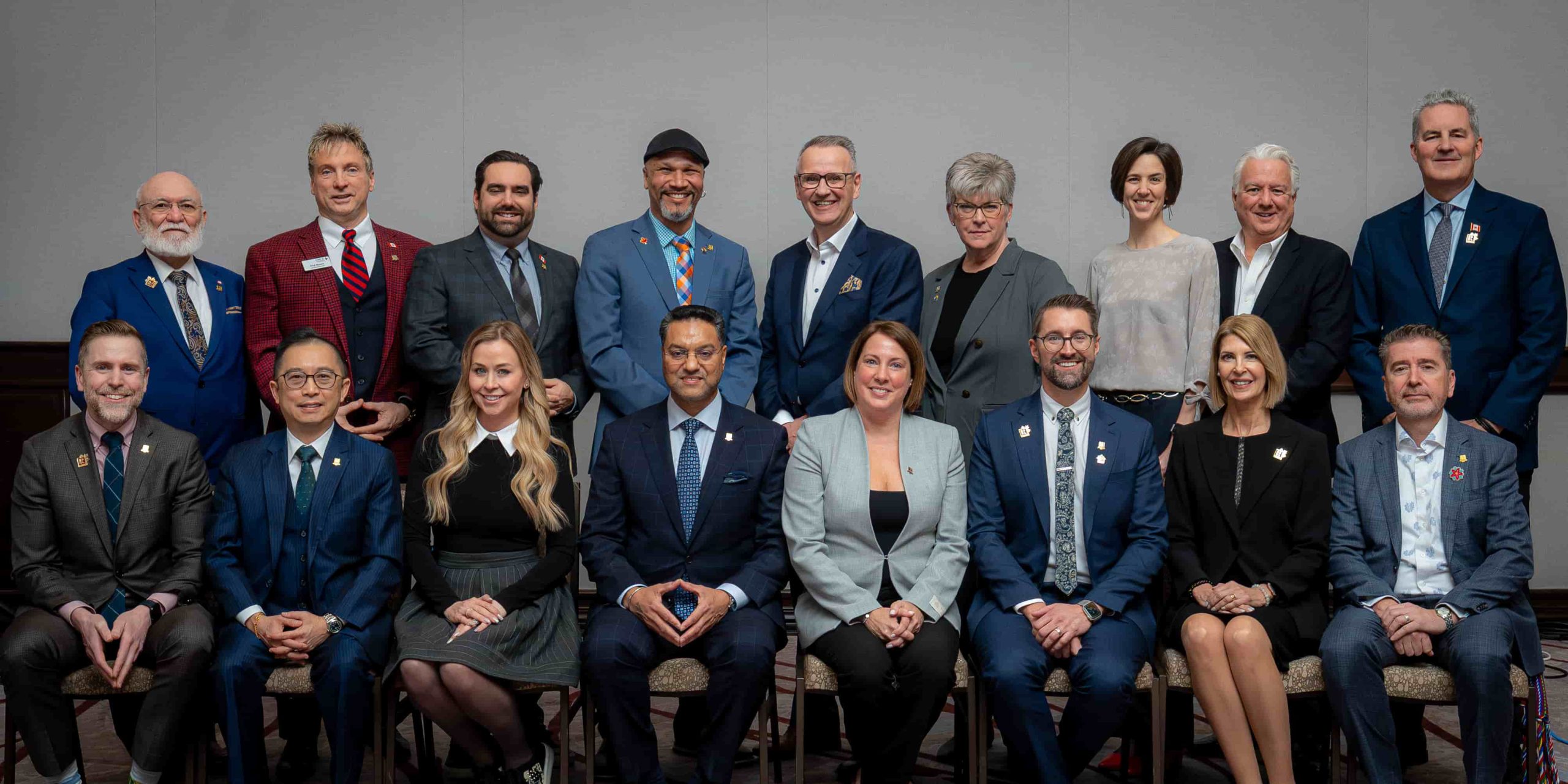Buying or selling a home is the largest financial transaction most British Columbians will ever make. To protect their clients’ interests and help them make informed decisions, reaWe ltors have a professional obligation to provide all information about a property they believe their clients should know.
While every real estate transaction is unique, realtors working with a seller will often execute property information requests as part of the listing process. This information is typically shared through the listing itself and with prospective buyers. Providing this information to consumers in a timely fashion protects both buyers and sellers, saves consumers time and money and supports the efficient operation of local real estate markets.
Interior B.C. realtors face large barriers to vital information from local governments
Unfortunately, in the B.C. Interior, realtors are facing big barriers from local governments when it comes to accessing vital municipally-held information about a property. Chronic underfunding of municipal governments has led to a stunningly antiquated patchwork of rules, technology and processes surrounding how consumers and realtors obtain information necessary to buy or sell a home.
To break down these barriers and modernize access to municipal property information, the Association of Interior Realtors (AIR) partnered with Real North Strategies to develop a policy report aimed at first surveying key municipalities in the region to define the problem and then building a plan to modernize access to property information in the B.C. Interior.
The property information problem
To start, AIR’s report found a general lack of digitization of property records among municipalities in the B.C. Interior. In fact, of the 13 municipalities surveyed for the report, only two had completely digitized their property records and some were completely paper-based. In some municipalities, realtors looking to access building information must physically go to municipal offices to request, pay for and pick up the documents.
In addition, all municipalities are subject to the provincial Freedom of Information and Protection of Privacy Act (FOIPPA), which further complicates the ease with which property information can be shared.
While some municipalities have managed to seamlessly integrate FOIPPA requests into this aspect of a real estate transaction, others require third-party consent or offer a tiered system for the dissemination of information per FOIPPA rules. This confusion means that realtors and their clients must, in some cases, obtain consent far in advance of their closing date and be subject to the discrepancy of municipal staff when it comes to getting information about their new home.
Above all, AIR’s report found that municipalities are woefully under-resourced when it comes to managing and administering municipal property information. This lack of staff resources and budgets has held back innovation, caused major delays in accessing documents (sometimes up to two weeks) and led to confusion and frustration among civil servants, realtors and consumers.
The call for a digital revolution
Municipalities and the provincial government have a joint role to play in modernizing the way that information is requested and provided to better support consumers in their real estate transactions.
Provincially, AIR is calling for the creation of a municipal records modernization fund akin to an existing program in Ontario, which provides funding to municipal governments to effectively modernize existing services. Provincial funding is vital to helping municipalities bridge the resources gap. Digitizing FOIPPA through a partnership with the provincial government to shorten document-request timelines based on individual municipal need is another recommendation that would directly impact turnaround times.
At the local level, the theme of digitization is a common thread through the remaining recommendations, including:
- enhancing the way that consumers can actually apply for and request property information through online forms,
- ensuring that consumers can pay for documentation from municipalities online and
- creating guidance and tracking so that consumers can continue monitoring other parts of the purchase or sale of their home while waiting for their documentation.
While challenges exist, avenues for improvement in municipal property processes in B.C.’s Interior municipalities are clear. Embracing modernization through provincial support and a commitment to digitization will deliver a better experience for end users and greatly enhance consumer protection — not just for the Interior but for the province as a whole.
Review the policy report here.

Seth Scott has overseen the advocacy function at the Association of Interior REALTORS® since 2022. Prior to his role as the Government Relations and Policy Lead, Seth was employed as a Senior Policy Analyst at the CFIB, representing the interests of small businesses and franchisees in B.C. Prior to that, Seth worked at a national think tank and has been involved in various political capacities.
Asha Holland is the Vice President of Policy and Research at Real North Strategies, an advocacy and communications firm based in Toronto, Ontario. Prior to her role at Real North Strategies, Asha held leadership positions at the Ontario Real Estate Association and worked for the Ontario Public Service on various provincial policy issues. Asha is currently a JD candidate at the University of Windsor.













